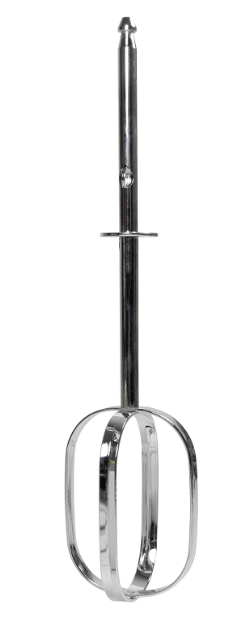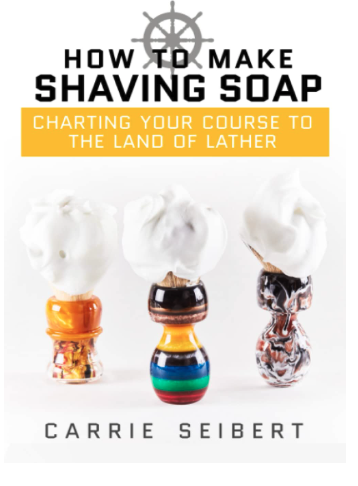Hello,
I'm new to the forum and totally amazed by this DIY thread! So much concentrated expertise and love for shaving soap is really special! You are probably all real freaks who regularly create sophisticated recipes on shaving trips together. Or you can secretly work on excellent hair growth products so that you can indulge in your hobby even more often.
It makes you feel very small. Can't even say that I only recently switched from system razors to planes.
Joking aside. Since I am familiar with the production of cold-saponified (hand) soaps, I would now like to venture into the production of shaving soaps with stearic acid. The fact that I discovered this thread makes me overjoyed! There is really little information about it on the internet (I mean stearin recipes). Somehow (shaving) soap boiling is not a man's world.
I now have a few questions for the experts here.
What do you have to pay attention to when buying stearic acid? It doesn't come "pure", right? There is usually palmitic acid in there. Is that bad? Does this affect the amount of lye? Which soap calculator takes this into account, or does it not matter? Where would you buy?
Would you use a crock pot or would it also work well on the stovetop and a meat thermometer? These crock pots aren't that expensive.
Do you mix with a hand blender or better with a dough hook?
Finally, my most burning question (I know, it's actually all in the thread here, I've actually read everything):
If you only took the most important ingredients, what would they be? What would the proportions look like?
Sure, stearic acid, glycerin, oils and butter…
Since I would like to gain experience first, I would like to use a basic recipe with which I can then gradually combine other ingredients. I would be happy with a good, stable foaming unscented soap that uses just a few (but good) ingredients.
It would also be good to have as long a shelf life as possible. There are oils/fats that break down more quickly. Vegan is not important, scent is secondary.
What's really great is that you share your recipes and knowledge with the community here! I think that's great!
I hope I can contribute to this one day too.
Thank you in advance for tips, suggestions and thoughts!
" What do you have to pay attention to when buying stearic acid? It doesn't come "pure", right? There is usually palmitic acid in there. Is that bad? Does this affect the amount of lye? Which soap calculator takes this into account, or does it not matter? Where would you buy?"
I'm in the US, so there may be some difference. I purchase Stearic Acid from providers that can provide a Certificate of Analysis. This means that they send a sample of every batch they receive to a lab to ensure the product contains what it is supposed to. I make soap for a living, so I can't afford to have adulterated ingredients. Properly made stearic acid is roughly 50% stearic acid and 50% palmitic acid. This is a good thing for shave soap.
Using a quality soap calculator is absolutely essential. Everything, including stearic acid, affects the amount of lye. A good soap calculator will take all ingredients into account. I use soapmakingfriend.com, although I have to pay $25 annually for it.
"Would you use a crock pot or would it also work well on the stovetop and a meat thermometer? These crock pots aren't that expensive.
Do you mix with a hand blender or better with a dough hook?"
I would use a crock pot. Stoves in the US get far to hot for making soap. We use induction hotplates. We got started with a crock pot. You need more than a hand blender. We started with, and still use; and electric drill. In the early days we had a standard beater attachment like the one in the attached pics.
"If you only took the most important ingredients, what would they be? What would the proportions look like?
Sure, stearic acid, glycerin, oils and butter…”
There isn't a single correct answer to this question. There are many different approaches. The book, How to Make Shaving Soap by Carrie Siebert, which is sold on Amazon, is how I learned.
I can say that most of the ingredients commonly used in bath soap, with the exception of castor oil and a
small amount of coconut oil are not good for shave soap.
I used to, and still do, look at ingredient labels of quality soaps. In the US, companies are required to list all ingredients listed from what is used most to least. That's another good way to get ideas.




